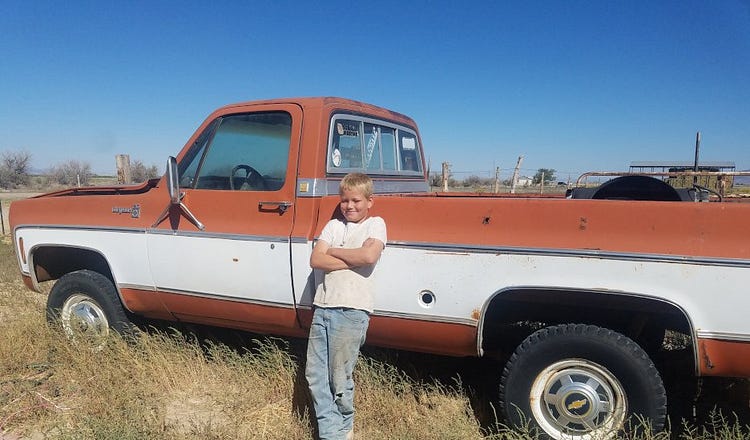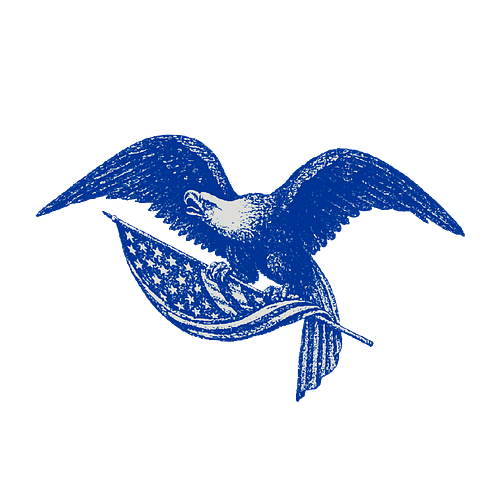
Cole Summers at 8 years old.
By 10 years old, the Utah boy had bought and was running a 350-acre farmstead. This is what it looks like to be unafraid to try.
440
Social media is mostly garbage. My own feed is crammed with doomsday predictions and ads for scammy diets. But every once in a while, between the hashtags and the hysteria, a jewel presents itself.
Like Cole Summers.
I never met Cole Summers in real life. But I was completely floored by what I learned about him—and from him—online.
At first, to be hones…
Continue Reading The Free Press
To support our journalism, and unlock all of our investigative stories and provocative commentary about the world as it actually is, subscribe below.
$8.33/month
Billed as $100 yearly
$10/month
Billed as $10 monthly
Already have an account?
Sign In



